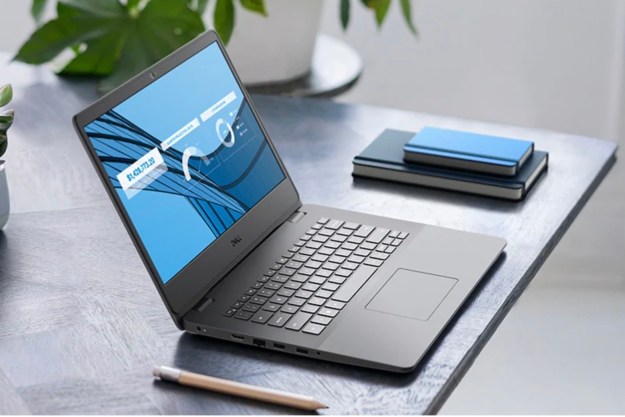Federal judge Marsha Penchman has granted class action status to a lawsuit claiming that Microsoft artificially inflated demand for PCs at the end of of 2006 by labeling them "Windows Vista Capable" when they were only able to run Vista Home Basic and few of the advanced features Microsoft widely promoted as part of Windows Vista. Penchman’s ruling found several common issues unify cases, although she narrowed the terms under which plaintiffs can proceed with their suits.
"These common issues [..] are whether Vista Home Basic, in truth, can fairly be called ‘Vista’ and whether Microsoft’s ‘Windows Vista Capable’ marketing campaign inflated demand market-wide for ‘Windows Vista Capable’ PCs," Penchman wrote in her ruling.
The lawsuit was filed in April 2007, allegind Microsoft’s "Vista Capable" sticker program misled consumers into buying new PCs during the end of the 2006, during which Vista had been announced and was being widely promoted, but was not yet available. (Microsoft offered Vista to consumers in January, 2007.) However, many of the PCs sporting "Vista Capable" stickers were only able to run Windows Vista Home Basic, the most simplistic version of the new operating system, and not versions which contain Microsoft’s much-promoted flagship Vista features, like the Aero interface.
To qualify for a "Vista capable" sticker, a machine had to offer at least 512 MB of RAM and DirectX 9 support. Computers capable of running Vista’s more advanced features sported a "Premium Ready" designation.
Although Penchman granted class action status to the suit, she also ruled the plaintiffs cannot pursue a case that consumers had been deceived, since an "individualized analysis" of each class member’s purchasing would be necessary. Instead, Penchman is allowing the suit to go forward on the premise that Microsoft’s "Vista capable" program artificially inflated demand (and prices) for PCs. Penchman also ruled that two consumers currently named in the suit cannot also represent consumers who participated in the "Express Upgrade" program, but will enable the plaintiffs to name a new plaintiff who participated in the program.
In a statement, Microsoft spokesperson Jack Evans said the company is currently reviewing the ruling, but believes "the facts will show that Microsoft offered different versions of Windows Vista, including Windows Vista Home Basic, to meet the varied needs of our customers purchasing computers at different price points."
Editors' Recommendations
- MasterClass Free Trial: Get a 30-day money-back guarantee
- Get total protection with Trend Micro Premium Security Suite


